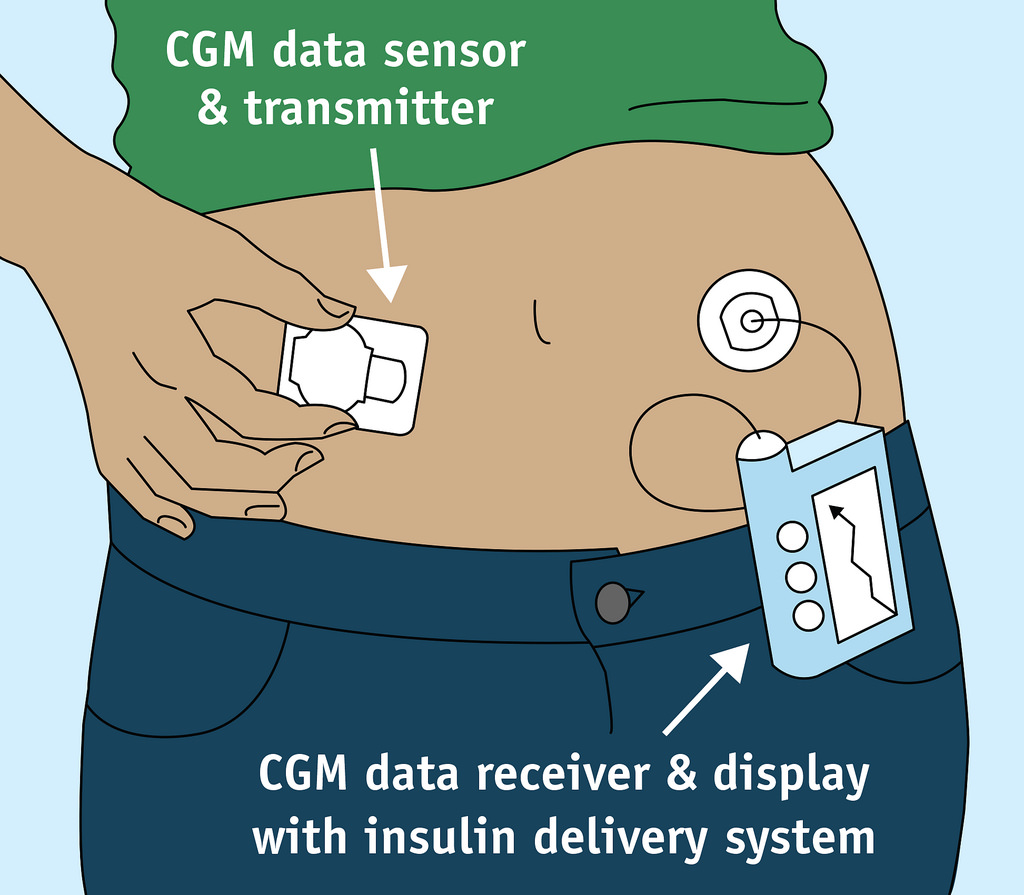Search

News & Events
CGM and exercise trialChildren with Type 1 Diabetes (aged eight to 12 years) are needed for a new trial into Continuous Glucose Monitoring (CGM) and exercise.

News & Events
Diabetes link to deadly diseasesNew research led by The Kids' PhD student Matthew Cooper has found that some children with T1D have an increased risk of developing vascular diseases.

News & Events
Perth's active T1D communityDespite the unseasonal weather, good turnouts were recorded for recent events organised by PMH and Diabetes WA.

News & Events
Leading the T1D revolutionLondon Olympics torchbearer Gavin Griffiths is living proof that a Type 1 Diabetes diagnosis is no obstacle to making the most out of life.

News & Events
New facesThere are two new faces at the front desk at the PMH Diabetes and Endocrinology clinic so don’t forget to introduce yourself and say hi next time you visit.

News & Events
Exercise and blood sugar levels - we need you!Young people with Type 1 Diabetes are needed for a new study looking at whether blood sugar levels affect exercise performance.

News & Events
Jake's diabetes journeyJake's diabetes journey Age when diagnosed; two years-old, almost three.

News & Events
Best practice in diabetes careLast month, our Centre's co-Director Liz Davis, attended the National Association of Diabetes Centre's (NADC) Symposium in Sydney.

News & Events
JRDF One WalkPatients, families and our centre staff members took part in JDRF's One Walk last October to raise funds for type 1 diabetes research.
News & Events
Our country kids are doing wellResearch has shown that no matter where our patients reside in WA, whether it be remote or metropolitan based, the ongoing management of diabetes is the same.
